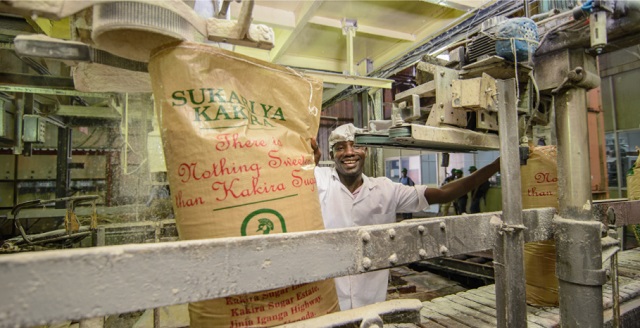
Tough times ahead as miscalculated spending, political activities and coronavirus threaten fast recovery of economic activities
Kampala, Uganda | JULIUS BUSINGE | Uganda’s economy has been on a recovery path following the easing of COVID-19 pandemic lockdown restrictions, but the uncertainty surrounding the upcoming general elections is the latest concern, economists say.
Companies have let go a section of their workers, closed some or all their lines of business owed to COVID-19. The government on the other hand has been on a rapid borrowing spree – both internal and external – to plug the financing gap.
This situation, according to analysts, might worsen going forward in the next year’s general elections slated for January/February in the event that the government and private sector spending is miscalculated or directed towards election financing and not to productive sectors of the economy.
John Ddumba Ssentamu, a professor of economics and former vice chancellor at Makerere University says, as the current challenges to the economy persist, the government has to enhance high levels of transparency as it invests public resources.
“We will be able to manage this economy if the people at the ministry of finance and everybody in government are transparent,” he told The Independent on Oct.29.
Ssentamu said there is need for proper allocation of resources to key growth sectors of the economy such as agriculture, health and education.
He also calls for further strengthening of key government institutions that oversee implementation of wealth creation programmes of government like ‘emyoga’ with the main objective being that money reaches the right beneficiaries.
He supports the idea of government borrowing from the public as long as the money is put to good use.
Commenting on politics, Sentamu said politicians should desist temptations of getting money meant for development activities from the treasury to finance their political activities.
“We cannot move the economy when people are buying voters,” he said.
Where is Shs455bn UDB money?
Ssentamu said recapitalising Uganda Development Bank (UDB) as well as using the commercial banks infrastructure to extend affordable credit to the private sector is a good idea, now that the economy needs more money to support production.
But in separate interviews with The Independent, players connected to UDB issued conflicting reports about government’s move to recapitalise UDB further in line with COVID-19 recovery programme.
Elly Karuhanga, the chairperson of the Private Sector Foundation Uganda (PSFU), Uganda’s umbrella body for the private sector made up of 230 business associations, corporate bodies and the major public sector agencies, said his members are still struggling to resuscitate their operations partly because UDB was yet to fully engage them on modalities of accessing the COVID-19 funds from the government.
“I think UBD is still organising itself,” Karuhanga told The Independent on Oct.29.
But in a phone interview with The Independent, Patricia Ojangole, the chief executive officer for UDB, said Karuhanga’s submission was not accurate because their work as a development bank is to process loans for the private sector on a daily – which they continue to do.
Without giving specifics, Ojangole said, they are currently recording and processing more loan applications than ever before since June this year – pointing to the fact there is high appetite for cheaper credit.
UDB loans attract interest of between 10-12% per annum, lower than the current average rate of 20% quoted by commercial lenders.
Moses Kaggwa, the acting director for economic affairs at the Ministry of Finance Planning and Economic Development confirmed to The Independent on Oct.29 that government has so far injected Shs455bn in UDB specifically to support the private sector access affordable credit in line with government’s COVID-19 recovery programme.
Kaggwa said the plan was to sink at least Shs1trillion in UDB to deal with the COVD-19 fallout on the private sector.
As contradictory statements emerged from the two government entities, Karuhanga revealed that majority of his members are entirely depending on commercial banks for credit that usually come at a high cost.
Commercial bank lending interest rates rose to an average of 20% in the quarter to August 2020 from 18.9% in the quarter to May 2020, according to BoU’s monetary policy report for October.
“We are in a catch 22 situation,” Karuhanga said. “We have held more meetings with government than we have ever held before,” he added.
 The Independent Uganda: You get the Truth we Pay the Price
The Independent Uganda: You get the Truth we Pay the Price





